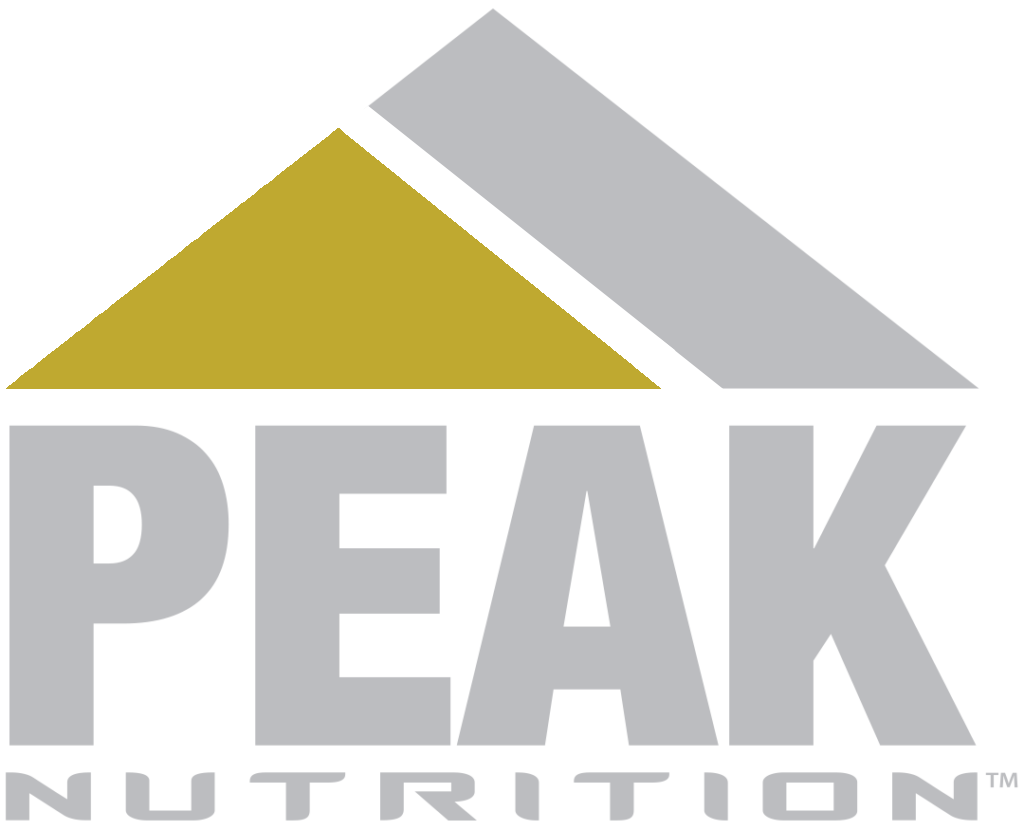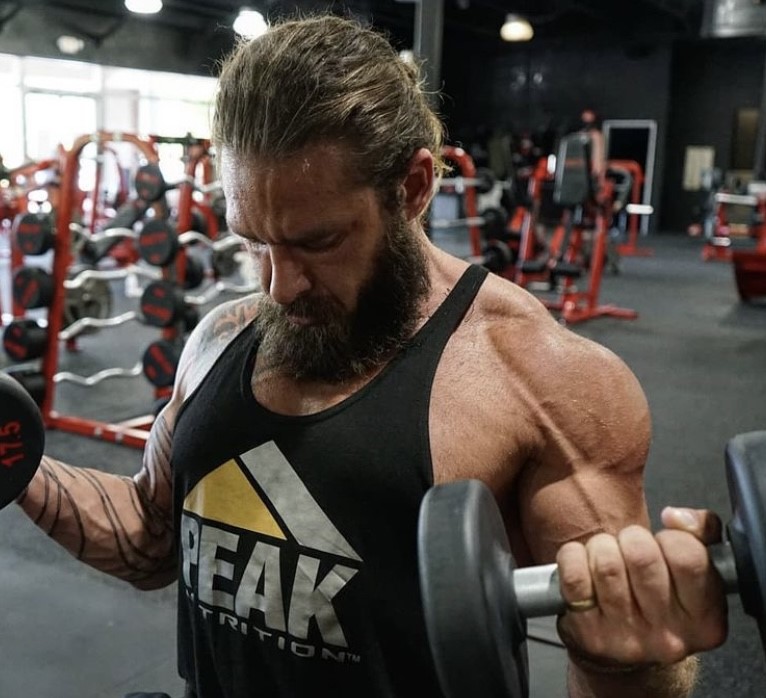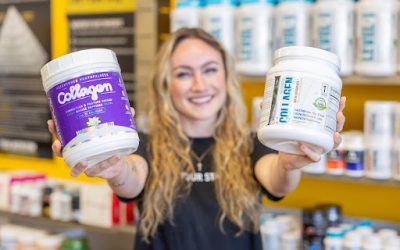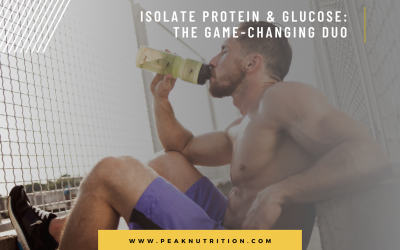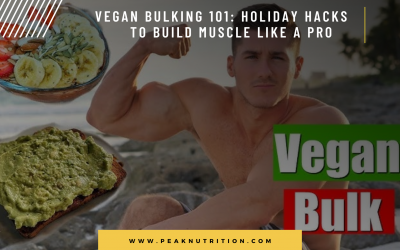In today’s fast-paced world, many of us rely on protein snacks to fuel our bodies throughout the day. Whether you’re looking for a post-workout boost, a mid-day energy fix, or just something to tide you over between meals, the right protein snack can make all the difference. But with so many options available, how do you know which protein snacks are actually good for you?
The answer lies in the nutrients that are packed into your snack. It’s not just about the amount of protein—it’s about what other beneficial ingredients are included. In this blog, we’ll break down the five key nutrients you should be looking for in your protein snacks to ensure they’re not only tasty but also nutritious and effective at keeping you fueled.
Why Protein Snacks Matter
Protein is an essential building block for your muscles, tissues, and organs. It’s involved in everything from repairing muscles after a workout to maintaining your energy levels throughout the day. Protein snacks provide a quick and convenient way to get the essential nutrients your body needs to function at its best.
But here’s the thing: Not all protein snacks are created equal. Some are packed with unnecessary sugars, artificial ingredients, or unhealthy fats. That’s why it’s important to look for snacks that contain a balance of nutrients to support your body and your health goals.
So, what nutrients should you be looking for in your protein snacks? Let’s take a closer look at the top five.
1. High-Quality Protein
This one might seem obvious, but it’s important to emphasize: high-quality protein should be the foundation of any good protein snack. Not all protein is created equal, and the source of protein matters. Some common sources of protein in snacks include:
- Whey protein: A fast-digesting protein that’s great for post-workout recovery.
- Casein protein: A slow-digesting protein that’s ideal for keeping you full between meals.
- Plant-based protein: Options like pea, hemp, or soy protein are perfect for vegans or those with dairy sensitivities.
When choosing a protein snack, aim for one that provides at least 10-20 grams of protein per serving. This will give you enough protein to support muscle repair and growth, especially if you’re using the snack as a post-workout recovery option.
Why Protein Is Important:
- Supports muscle repair after exercise
- Keeps you feeling full for longer, reducing the temptation to snack on unhealthy options
- Helps stabilize blood sugar levels, which can prevent energy crashes later in the day
Pro Tip: Check the ingredient label to ensure the protein source is high-quality. Avoid snacks that list “protein blends” without specifying what types of protein are included.
2. Fiber for Digestion and Satiety
Fiber is another key nutrient to look for in your protein snacks. It’s not just for digestion—it also helps keep you feeling full and satisfied for longer periods of time, which can help prevent overeating or snacking on junk food later on.
Dietary fiber comes in two forms: soluble and insoluble. Both types are beneficial, but soluble fiber is particularly helpful because it absorbs water and forms a gel-like substance in the digestive system, which helps slow digestion and keeps you feeling full longer.
Sources of Fiber in Protein Snacks:
- Nuts and seeds: Almonds, chia seeds, and flaxseeds are all high in fiber and protein.
- Whole grains: Look for snacks that include whole oats, quinoa, or other whole grains.
- Fruits and vegetables: Some protein bars or shakes include dried fruits or vegetable powders, which add fiber as well as vitamins and minerals.
Why Fiber Is Important:
- Promotes healthy digestion and prevents constipation
- Keeps you feeling full, helping with weight management and curbing cravings
- Supports gut health by feeding beneficial bacteria in your digestive system
Pro Tip: Aim for protein snacks that contain at least 3-5 grams of fiber per serving. This will help keep you full between meals and promote healthy digestion.
3. Healthy Fats for Sustained Energy
Don’t be afraid of fats—your body needs them! Healthy fats are essential for long-lasting energy and help your body absorb fat-soluble vitamins (like A, D, E, and K). Plus, fats contribute to brain health, heart health, and can even help regulate hormone production.
When choosing a protein snack, look for sources of healthy fats, like:
- Nuts and seeds: Almonds, walnuts, chia seeds, and flaxseeds are great sources of omega-3 fatty acids.
- Coconut: Coconut oil and shredded coconut are rich in medium-chain triglycerides (MCTs), which provide quick, sustainable energy.
- Avocado: Often found in plant-based protein snacks, avocado provides heart-healthy monounsaturated fats.
Why Healthy Fats Are Important:
- Provide sustained energy throughout the day
- Support brain function and mental clarity
- Help your body absorb essential vitamins and minerals from food
Pro Tip: Look for snacks that contain 5-10 grams of healthy fats per serving. Avoid snacks with artificial trans fats or high amounts of saturated fats, which can be harmful to your heart health.
4. Low Sugar for Stable Blood Sugar Levels
While some protein snacks can sneak in a lot of sugar to improve flavor, it’s important to keep sugar levels low to avoid energy crashes later in the day. High sugar content can lead to spikes in blood sugar, followed by a sharp drop that leaves you feeling tired, hungry, and craving more sugar.
Instead, look for snacks that use natural sweeteners like honey, stevia, or monk fruit. These options provide sweetness without the negative effects of refined sugars.
Why Low Sugar Is Important:
- Prevents energy crashes and keeps blood sugar levels stable
- Supports weight management by avoiding excess empty calories
- Reduces the risk of inflammation and other health issues linked to high sugar consumption
Pro Tip: Choose snacks with less than 5 grams of sugar per serving, and be wary of “sugar-free” options that use artificial sweeteners, which can cause digestive discomfort.
5. Vitamins and Minerals for Overall Health
Last but not least, a great protein snack should provide essential vitamins and minerals to support your overall health. While protein is the star, your body also needs a variety of micronutrients to function optimally. Look for snacks that are fortified with or naturally contain important vitamins and minerals, such as:
- Calcium: Important for bone health and muscle function.
- Iron: Helps transport oxygen in your blood, supporting energy and endurance.
- Magnesium: Supports muscle recovery, relaxation, and energy production.
- Vitamin D: Works alongside calcium to maintain strong bones and muscles.
- B Vitamins: Play a role in energy production and brain function.
Why Vitamins and Minerals Are Important:
- Support overall health and well-being, including immune function and bone health
- Enhance energy levels by supporting metabolic processes
- Aid in muscle recovery and growth after workouts
Pro Tip: Look for snacks made with whole food ingredients like nuts, seeds, and fruits, which are naturally rich in vitamins and minerals. Some protein bars and shakes may also be fortified with extra micronutrients.
Conclusion: Choosing the Right Protein Snack
The best protein snacks are those that offer more than just protein. By choosing snacks that are also rich in fiber, healthy fats, low in sugar, and packed with vitamins and minerals, you can ensure that you’re fueling your body with the nutrients it needs to perform at its best.
At Peak Nutrition, we’re here to help you find the right protein snacks that fit your lifestyle and support your health goals. Whether you’re looking for post-workout recovery, a quick meal replacement, or a tasty snack to keep you going, we’ve got you covered with a wide range of high-quality, nutrient-packed options.
Stay strong, stay fueled, and keep moving forward!
James “The Viking” Stratman
If you’re ready to take your snacking to the next level, check out our selection of protein snacks at Peak Nutrition!
